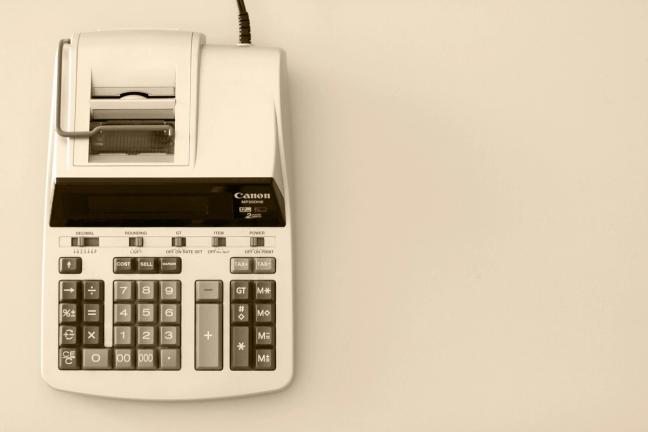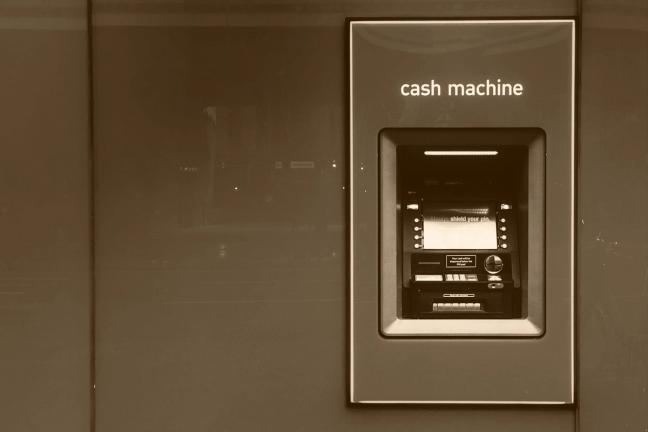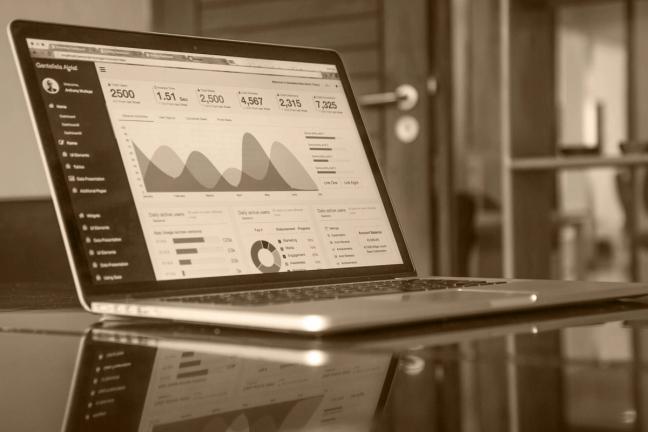6 expert tips for spring cleaning your finances in unpredictable times
It’s more important than ever to make sure your finances are in good shape. Here are a few easy steps you can take…
Good financial hygiene is an important skill to master at the best of times. And, while it may seem like you have more important things to worry about than whether you’re paying the best price for electricity, the economic uncertainty caused by the coronavirus pandemic means it’s never been more crucial that you’re on top of your finances.
But where to begin? The world of banking and investments can be a daunting place for those without the expert knowledge to navigate it – so we called on some of the world’s most highly regarded wealth managers and personal finance gurus to help. Here’s what they recommend…

Learn to budget
According to Tim Bennett, Head of Education at wealth management firm Killik & Co, having a well-planned budget in place is key to financial security. “Identify ‘need to haves’ (e.g. accommodation costs, utility bills and telecoms) and check you are on the best deals,” he says. “Then look at the ‘nice-to-haves’ (e.g. holidays, meals out and alcohol) – while many of us are not spending as much on some of these during lockdown, a budget will stop you from going mad once things return to normal.”
It may not be pleasant to comb through your old bank accounts and realise just how much you used to spend at the pub but having a clear idea of where your money goes every month will help you spot areas for change and prevent you from returning to bad habits when normal life resumes.

Start a savings plan
Now you know how you’re spending your money, it’s time to work out how you can begin saving it. Like most things, little and often is a good rule to follow here, but, says Bennett, don’t just squirrel money away in a current account that offers no interest. Instead, by investing small regular amounts in the stock market you can see big yields with relatively low risk.
“Volatile stock markets may look scary but they present a big long-term opportunity for investors,” he explains. “Regular savings allow you to take advantage of ‘pound cost averaging’ which should see you benefit from lower prices without the stress of having to ‘time the market’ with a lump sum. If you automate your monthly saving through an app, you can also stop worrying about it.” If you’re not sure where to start, apps like Investr allow you to try your hand at ‘fantasy investing’ so you can get a feel for the market before putting real money in.

Open an ISA
Individual Savings Accounts (ISAs) are a great way of saving money if you’re very risk adverse. Every UK taxpayer is allowed to save up to £20,000 per year in an ISA but, unlike a current account, any interest earned on that money is completely tax free. “ISAs and personal pensions still offer a great way to shelter money from the taxman and, with the junior ISA allowance now more than double its 2019/20 level at £9,000 per year, parents and grandparents that are able to afford it, can put more money away tax-effectively for younger generations.”
There are many different types of ISAs – for example, some offer fixed interest rates while others track the stock market or offer better rates if you’re willing to lock your money away for a certain amount of time – so make sure you do your research to find the right one for you.

Get tech savvy with your spending
Chances are you’re doing most of your shopping online right now – which actually presents a great opportunity to save money. “Now is the perfect time to make sure you’re paying the best possible price across your utility bills,” says Andy Barr, founder of price tracking website Alertr. “If you’re working from home your bills will naturally increase, so visiting a comparison site is highly recommended to double check the best broadband and electric/water deals for your personal usage. Use this time cleverly to try to save what you would’ve normally spent so you’re better off when this all over, which will hopefully be sooner rather than later.”
If you need to make a big purchase, such as a new laptop for your home office, Barr also recommends using a service like Alertr to track the price of the object you’ve got your eye on over time. By knowing how much it’s sold for in the past you can make an informed decision about whether you’re getting good value for money now and which websites are offering the best deals.

Create a will
We know it’s morbid but having a will is necessary even in normal times. “Take decisive action and ask yourself questions like: is there a valid last will in place and have ‘Powers of Attorney’ been considered?” says Jamie Banks, Head of UK Wealth Planning at Swiss private bank Julius Baer International. “How are minor children or other vulnerable family members protected? And is there a clear road-map containing key information and contacts?” It may be scary to think about but making sure you have a plan in place should the worst happen – especially if you have dependents – will give you peace of mind in the long run.
In addition to this, Banks also advises that now is the time to be getting your documents in order and leaving a clear paper trail should you fall ill. “Be sure to compile key information and documents, making a physical or electronic file explaining where important documents (e.g. your will and powers of attorney) are housed, such as with a solicitor or bank,” he explains. “Make sure to include a list of assets (e.g. bank accounts, investment portfolios, pensions, life insurance) and record important information (for example, login details and passwords). Keep these safe and make sure relatives know how to access them.”

Protect your retirement
The fall in the stock market will have had big negative impacts on the pensions pots of those hoping to retire in the next few years and, while you can never eradicate all risk, there are certain sensible steps you can take to protect your retirement fund – whenever you plan to stop working.
“De-risking close to retirement, which was once a strategy for those wanting to purchase an annuity, is less likely now given current interest/annuity rates,” says Banks. “We therefore suggest taking a longer term view with pension assets and accept that an individual’s capacity for risk could be greater than their appetite. A healthy ‘cash buffer’ should be retained in a readily accessible account at all times – say 6-12 months of essential and non-essential expenditure – so that the impact of any significant drop in asset values can be mitigated.”
Banks also recommends that those considering retirement use cash flow modelling to stress test their pension pot. This will help you ensure it can survive a market downturn and will help calculate realistic withdrawals to make sure you can maintain your quality of life. Finally, he also recommends that, as far as possible, pensions arrangement should stay untouched for as long as possible thanks to their Inheritance Tax free status.
Looking for more financial advice? We asked London’s top wealth managers for the new golden rules of investment…
Join the Gentleman’s Journal Clubhouse here.

Become a Gentleman’s Journal Member?
Like the Gentleman’s Journal? Why not join the Clubhouse, a special kind of private club where members receive offers and experiences from hand-picked, premium brands. You will also receive invites to exclusive events, the quarterly print magazine delivered directly to your door and your own membership card.


